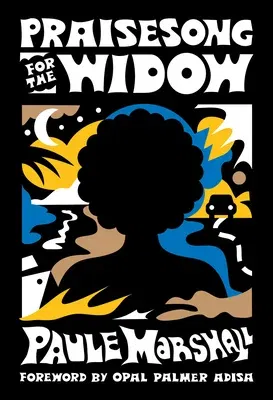Featuring a new original introduction by Opal Palmer Adisa
Avey Johnson--a Black, middle-aged, middle-class widow given to hats,
gloves, and pearls--has long since put behind her the Harlem of her
childhood. Then on a cruise to the Caribbean with two friends, inspired
by a troubling dream, she senses her life beginning to unravel--and in a
panic packs her bag in the middle of the night and abandons her friends
at the next port of call. The unexpected and beautiful adventure that
follows provides Avey with the links to the culture and history she has
so long disavowed. Originally published in 1983, Praisesong for the
Widow was a recipient of the Before Columbus Foundation American Book
Award, and is presented here in a beautiful new hardcover edition as the
second title in McSweeney's Of the Diaspora series.
**"Astonishingly moving."
**-Anne Tyler, The New York Times Book Review
About Of the Diaspora
McSweeney's Of the Diaspora is a series of previously published works in
Black literature whose themes, settings, characterizations, and
conflicts evoke an experience, language, imagery and power born of the
Middle Passage and the particular aesthetic which connects
African-derived peoples to a shared artistic and ancestral past. Wesley
Brown's Tragic Magic, the first novel in the series, was originally
published in 1978 and championed by Toni Morrison during her tenure as
an editor at Random House. This Of the Diaspora edition features a new
introduction written by Brown for the series. Tragic Magic will be
followed by Paule Marshall's novel of a Harlem widow claiming new life.
Praisesong for the Widow was originally published in 1983 and was a
recipient of the Before Columbus Foundation American Book Award. The
series is edited by writer Erica Vital-Lazare, a professor of creative
writing and Marginalized Voices in literature at the College of Southern
Nevada. Published in collectible hardcover editions with original cover
art by Sunra Thompson, the first three works hail from Black American
voices defined by what Amiri Baraka described as strong feeling "getting
into new blues, from the old ones." Of the Diaspora-North America will
be followed by series from the diasporic communities of Europe, the
Caribbean and Brazil.

